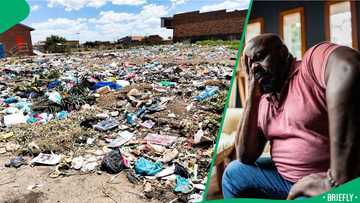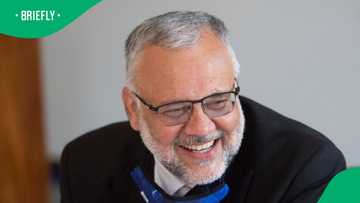Health Minister Aaron Motsoaledi Says 90% of ARVs Paid by South African Government
- The Minister of Health Dr Aaron Motsoaledi clarified where South Africa acquires its AntiRetro-Virals (ARVs)
- This came after United States President Donald Trump announced that the US government would freeze its foreign aid funding
- Motsoaledi said the United States' funding caters for half of the districts in the country, and 90% of the ARVs are paid for by the government
- Expert Jayshri Rangasamy spoke to Briefly News about alternatives to the US funding HIV programmes
Tebogo Mokwena, a dedicated Briefly News current affairs journalist, contributed coverage of international and local social issues like health, corruption, education, unemployment, labour, service delivery protests and immigration in South Africa during his seven years at Daily Sun and Vutivi Business News.
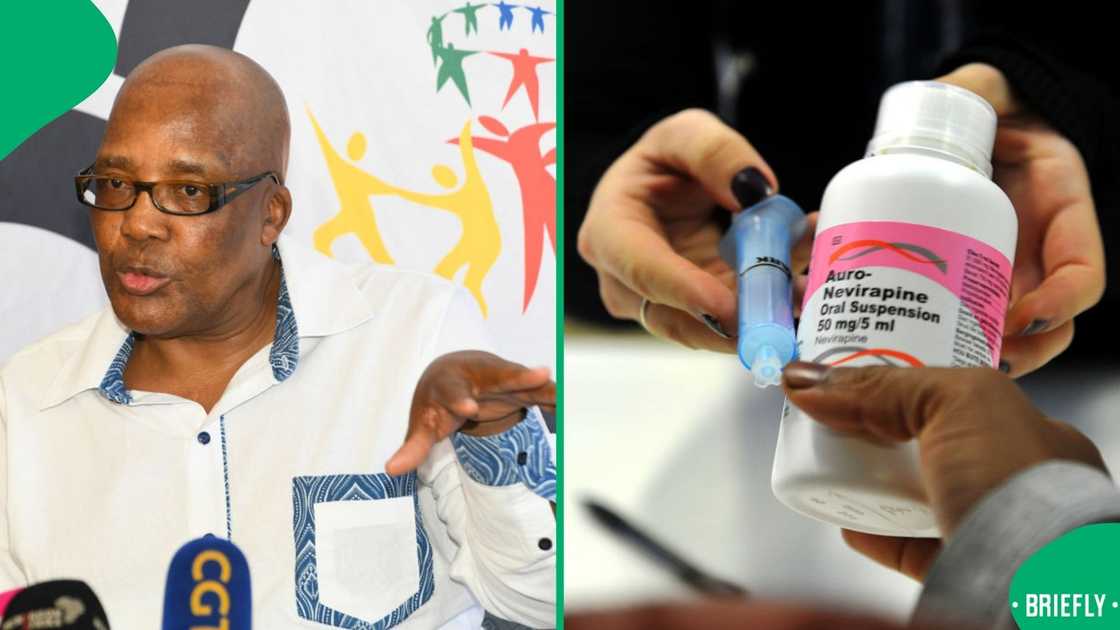
Source: Getty Images
JOHANNESBURG — The Minister of Health, Dr Aaron Motsoaledisaid the government paid for 90% of its antiretrovirals (ARVs)in the country and said 10% is acquired through global funding. This was after the United States President Donald Trump froze funding for low-income countries and lifted the ban temporarily.
Who pays for SA's ARVs?
During the Cabinet Lekgotla briefing on 30 January 2025, Motsoaledi said that the US President's Emergency Plan for HIV/AIDS Relief (PEPFAR) does not supply all of the ARVs in the country. He said PEPFAR only supplies 27 out of 52 districts in South Africa. He said the country purchases 90% of the ARVs, and the remaining 10% is supplied by Geneva, Switzerland.
PAY ATTENTION: Briefly News is now on YouTube! Check out our interviews on Briefly TV Life now!
How is South Africa affected?
Motsoaledi said that 15,000 people's jobs and the operational cost will be affected. Trump was sworn in as president in January 2025, and since his swearing-in, he signed off on executive orders which caused controversy. He previously threatened BRICS nations with tariffs if the economic bloc forged ahead with adopting a currency that could compete with the US dollar.
Expert speaks to Briefly News
Jayshri Rangasamy discussed with Briefly News a possible alternative means for the government to compensate for the funding cut.
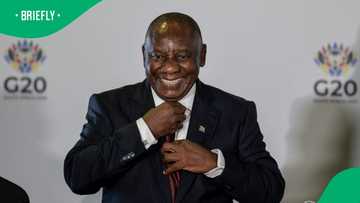
Read also
South Africans dissatisfied as Cyril Ramaphosa says government working on mending US relations
"On the bright side, there are several clinical trials ongoing in the fight against HIV/AIDS where South African sites are participating and this could offer those who qualify a glimmer of hope as a means to receive treatment, although experimental," she said.
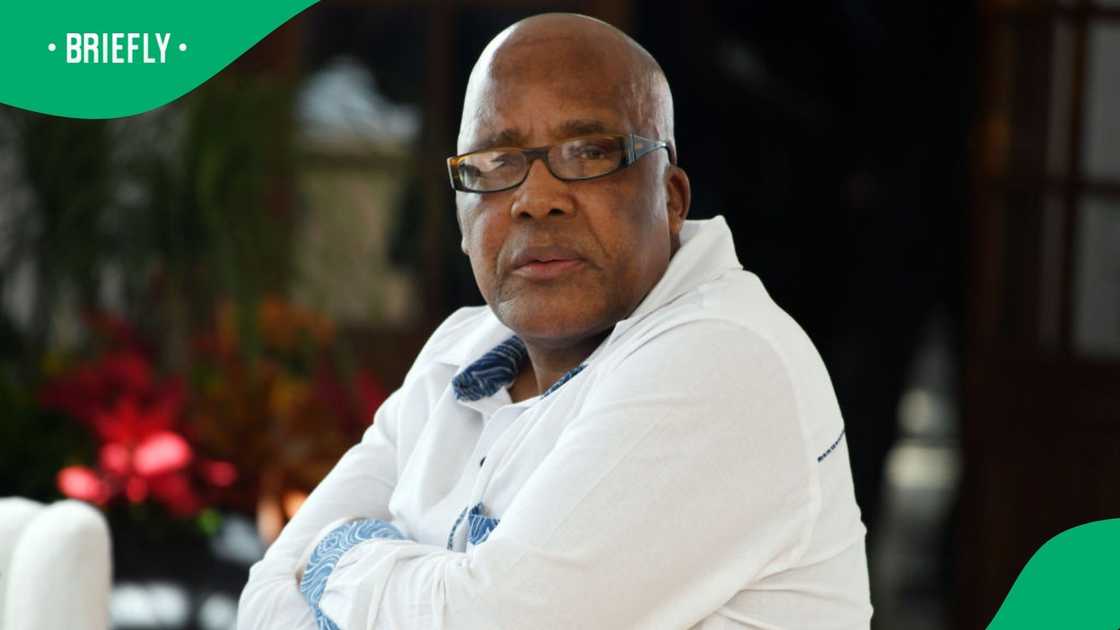
Source: Getty Images
South Africans react
Netizens on Facebook shared their opinions.
Lebohang Matete said:
"It's not your money. It's the taxpayers' money."
Shelton Botes said:
"Healthcare, education, electricity and water should all be paid by the government using tax money in a working nation."
Elton Kwambana said:
"This dependency syndrome is what is making Africa stagnant and recede. Why not manufacture your life-saving drugs?"
Pravesh Singh asked:
"Then what are they doing with the billions they are getting from the USA?"
Elise Dismore said:
"Every day another story."
Donald Trump's tariffs could impact SA prices
In another article, Briefly News reported that FirstRand CEO Mary Vilakazi warned that Trump-imposed tariffs could hurt South Africa's prices. Trump invited companies and governments to manufacture their products with the promise of low taxes.
The invitation came with a caveat: if the companies and governments do not manufacture products in the US, they will have to pay a tariff. Vilakazi said the imposed tariffs could render the rand weaker than the dollar and could hurt African nations.
PAY ATTENTION: Follow Briefly News on Twitter and never miss the hottest topics! Find us at @brieflyza!
Source: Briefly News

Tebogo Mokwena (Current Affairs editor) Tebogo Mokwena is the Deputy Head of the Current Affairs desk and a current affairs writer at Briefly News. With a Diploma in Journalism from ALISON, he has a strong background in digital journalism, having completed training with the Google News Initiative. He began his career as a journalist at Daily Sun, where he worked for four years before becoming a sub-editor and journalist at Capricorn Post. He then joined Vutivi Business News in 2020 before moving to Briefly News in 2023.

Jayshri Rangasamy (Medical Scientist - Pharmacologist - Clinical Team Lead) Jayshri Rangasamy, Fortrea's Clinical Operations Delivery Leader, oversees the company's Clinical Team. She has extensive experience in both infectious diseases (tuberculosis, Ebola, COVID-19) and non-infectious diseases (cardiovascular, endocrinology, and gastroenterology), as well as oncology (lung cancer, hematologic malignancies). Rangasamy, who holds a MS and BS in Pharmacology and Human Physiology from the University of Pretoria, is an advocate for empathetic leadership. She's also a certified Latin and ballroom dancer.

